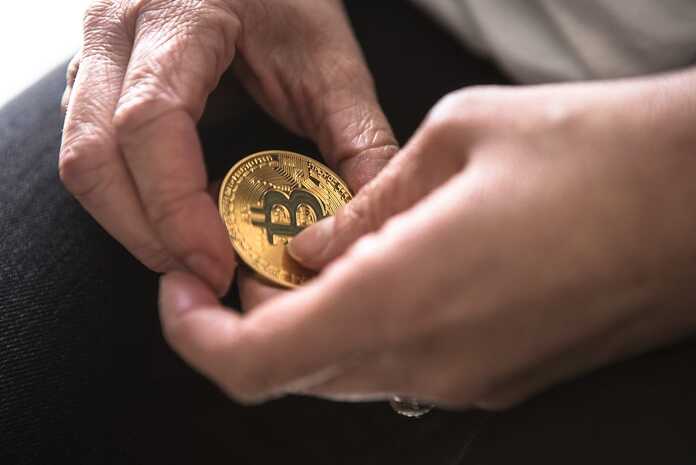
In the realm of cryptocurrencies, there are two digital assets: coins and tokens. Individual cryptocurrencies like Bitcoin and Litecoin are examples of cash because they each function in their way and have their blockchain. Coins have value because they are exchanged for other goods and services or kept as a form of wealth because of their scarcity. On the other hand, a token is a digital asset that runs on a preexisting blockchain, like Ethereum or Binance Chain.
Digital assets like utilities or equities and physical assets like gold or real estate are only two examples of the assets that tokens can represent. Tokens have value because they represent something with worth and utility, like a right to use a specific service or product, a vote in an election, or admission to a private community. To sum up, the primary difference between coins and tokens is their history and function. Tokens are digital assets that operate on existing blockchains and represent multiple assets, while coins are decentralized digital currencies with their blockchain.
Key Differences Between Coin And Token
- Coin: A coin is a form of currency that operates independently and has its blockchain.
- Token: A token is a digital asset that runs on an existing blockchain.
Blockchain
- Coin: Coins have their blockchain, meaning they are the backbone of their blockchain.
- Token: Tokens operate on an existing blockchain, such as Ethereum or Binance Chain, rather than having their blockchain.
Purpose
- Coin: Coins are primarily used as a currency or a store of value.
- Token: Tokens can represent a wide range of assets, including digital assets, such as utilities or stocks, or real-world assets, such as gold or real estate.
Value
- Coin: Coins have value because they are in limited supply and are used as a means of exchange or a store of value.
- Token: Tokens have value because they represent something that has value, such as a digital asset or a real-world asset.
Utility
- Coin: Coins are used as a form of currency or a value store, giving them utility.
- Token: Tokens can have various utilities, such as access to a particular service or product, voting rights, or membership rights.
Issuance
- Coin: Coins are often created through mining, where computer hardware is used to solve complex mathematical problems to validate transactions and create new coins.
- Tokens: Tokens are usually issued by a company or organization during an Initial Coin Offering (ICO) or a Security Token Offering (STO).
Ownership
- Coin: Coins are owned by the person who holds the private key to their wallet.
- Tokens: Tokens are owned by the person with the private key to their wallet, just like coins.
Conclusion
In contrast to tokens, typically used to represent a variety of assets on a preexisting blockchain, coins exist independently as a currency in their own right. Coins and tokens both have both value and utility. However, coins are typically used to make purchases or store value, whereas tokens may be used to gain entry to a private area, cast a vote, or become a group member.
Featured Image: miro.medium
Read more investing news on PressReach.com.Subscribe to the PressReach RSS feeds:- Featured News RSS feed
- Investing News RSS feed
- Daily Press Releases RSS feed
- Trading Tips RSS feed
- Investing Videos RSS feed
Follow PressReach on Twitter
Follow PressReach on TikTok
Follow PressReach on Instagram
Subscribe to us on Youtube














